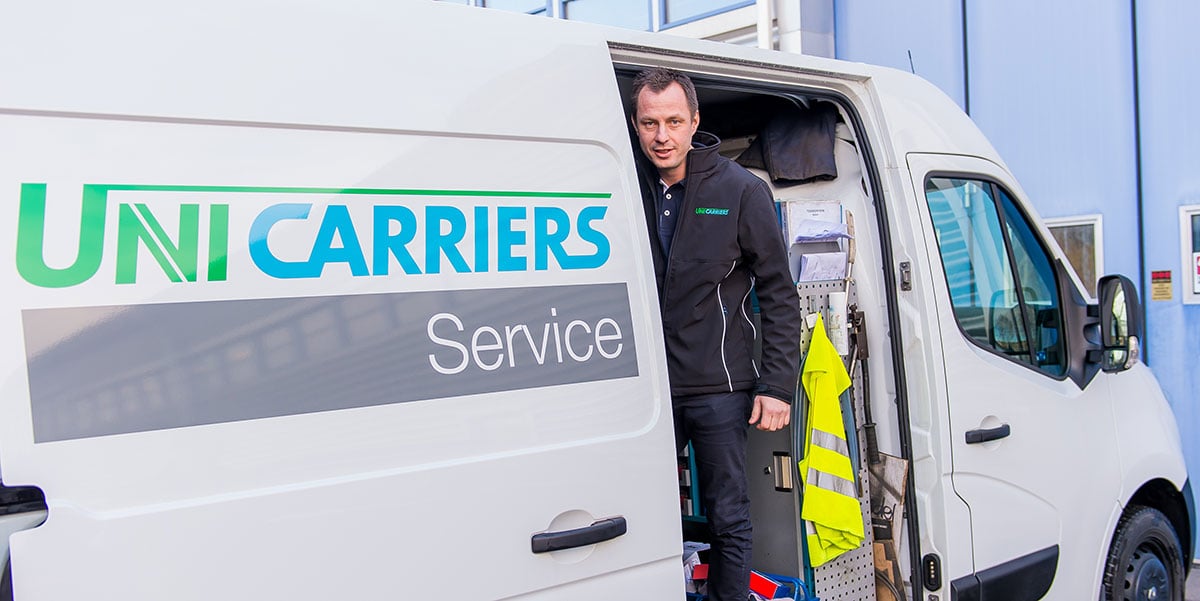
As we've shown in other blog posts, forklift ownership can have advantages in certain operations over other financing options, such as short-term rental or leasing.
But after the truck has carried out many years of hard work in a tough materials handling operation, service may become more frequent, downtime may occur, and you may be in position where you have to decide whether to replace, retire or relocate the truck. All of these things involve costs that are difficult to predict before they happen.
Good planning goes a long way to help mitigate these risks, but if you want to keep these kinds of long-term costs under control and stop worrying about unforeseen costs appearing in the future, leasing your forklift could be a smart option.
When you sign a forklift leasing contract, your monthly payments are decided when the deal is made, and different levels of service cover are often included in the price. This prevents you getting any nasty surprises a few years down the line - instead, costs remain steady over the entire length of the contract.
Better yet, once your leasing contract is up (generally after three, four or five years, but this can vary), you can renew your contract, which usually means your trucks will be replaced with new ones. Not only does this give you access to machines which have the latest design improvements, it also makes it less likely that you'll run into major maintenance issues, which can occur after a truck has been in service for many years.
Does this sound attractive? If you're looking to refresh your fleet or bring on new trucks, it's a good idea to learn more about leasing. Click below to get our free PDF leasing guide that you can share with colleagues or managers, or if you're ready to take the first step, click here to get in touch with our leasing department. We'll make sure to get back to you as soon as possible.






































Comment